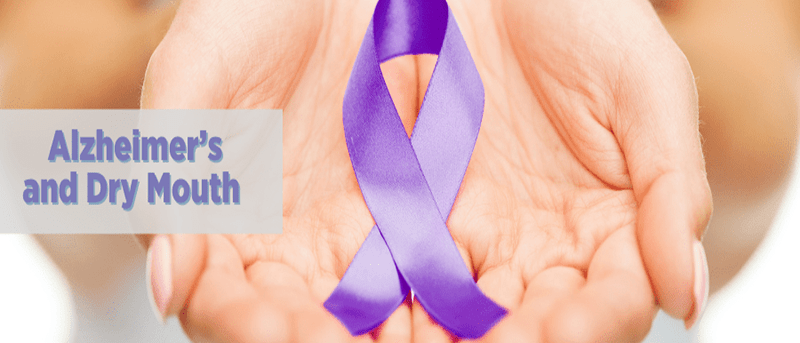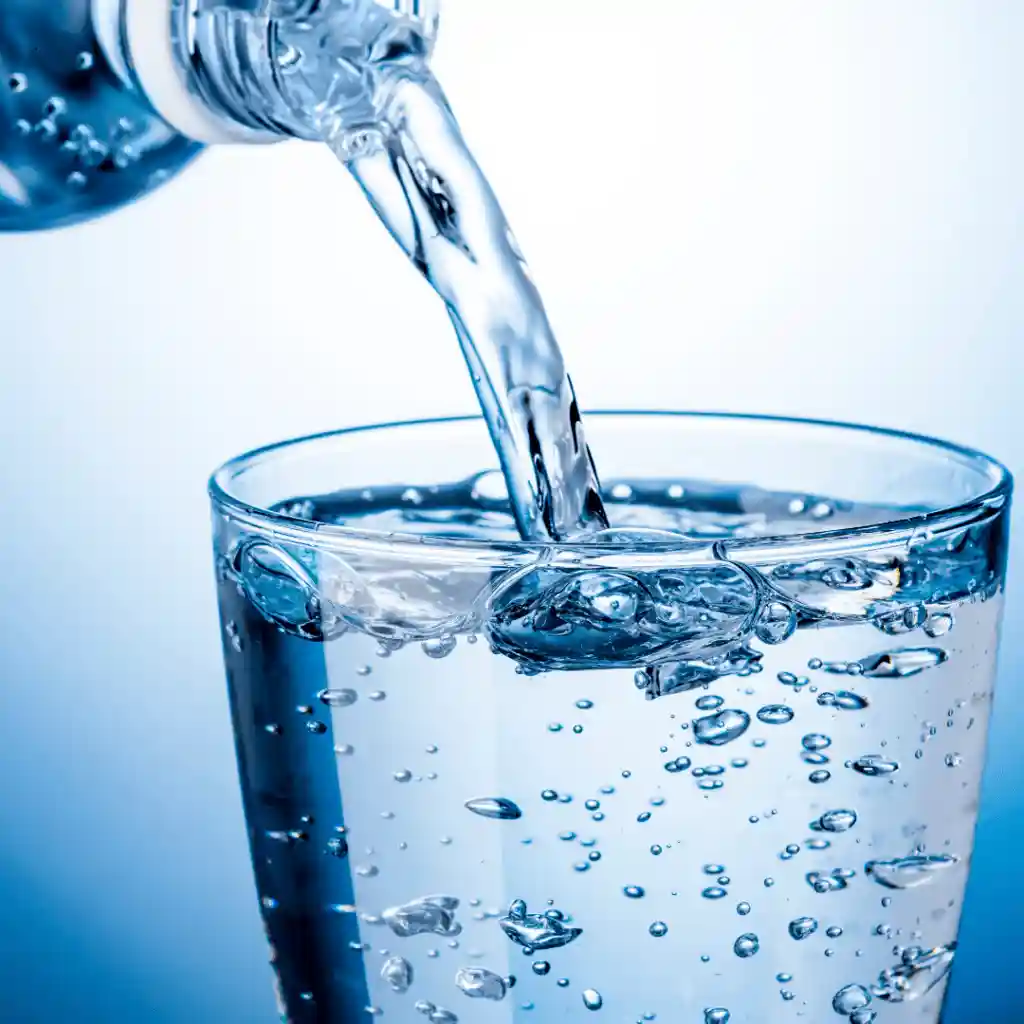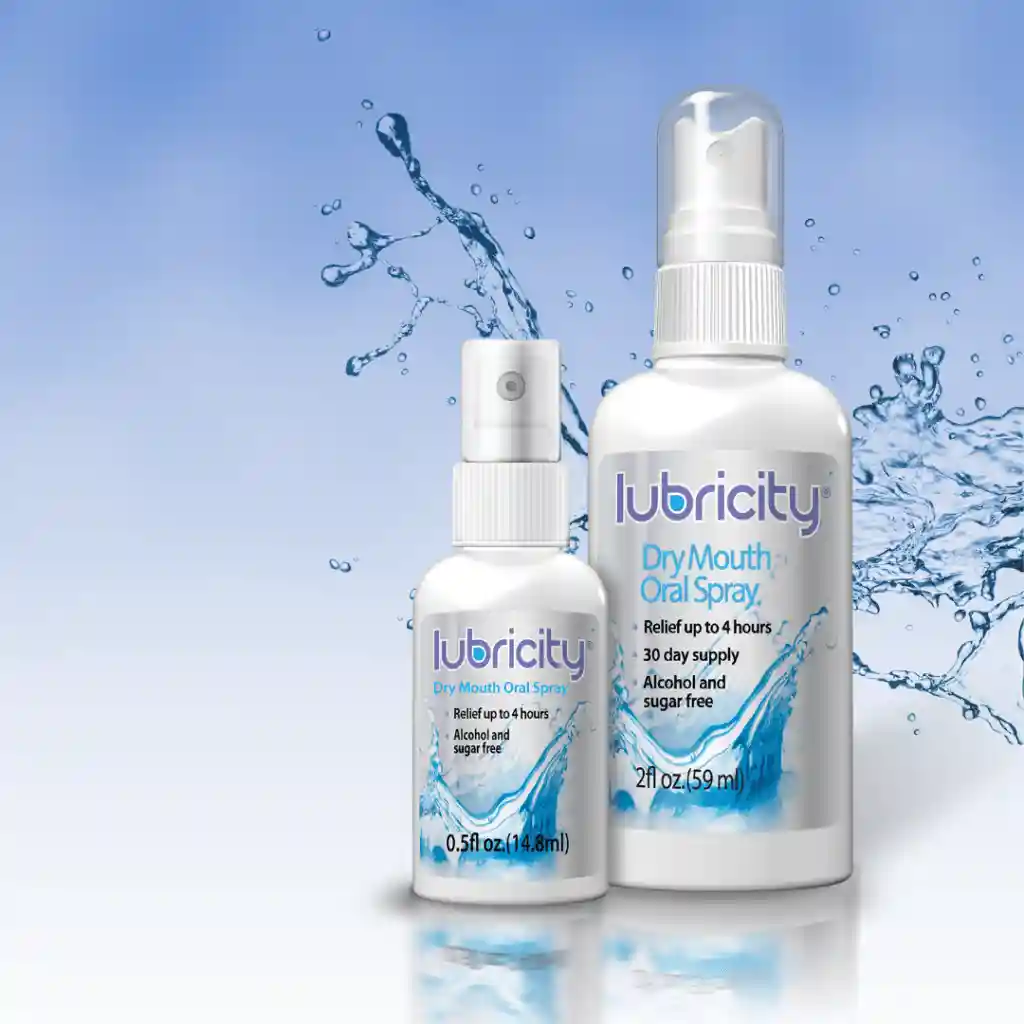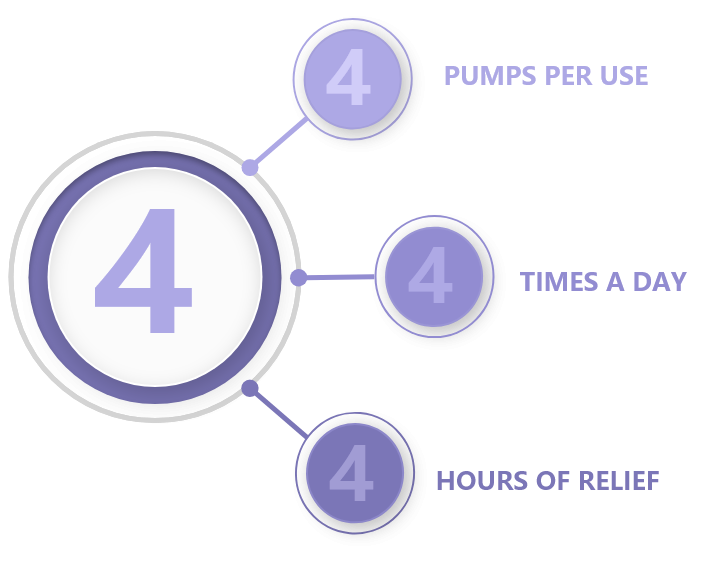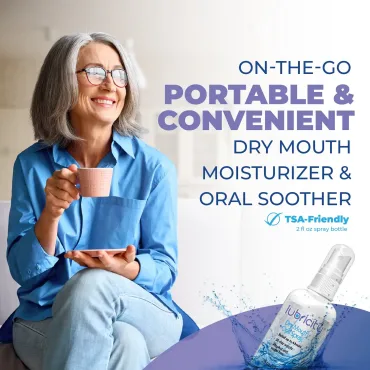Table of Contents
What is Alzheimer’s?
The Alzheimer’s Association defines Alzheimer’s as a type of dementia that affects memory, thinking, and behavior. Alzheimer’s disease typically progresses through three early, middle, and late stages. As the disease progresses, symptoms eventually grow severe enough to interfere with daily tasks. Alzheimer’s is the most common cause of dementia, a general term for memory loss and other cognitive abilities serious enough to interfere with everyday life.
 Alzheimer’s Disease accounts for 60-80% of dementia cases
Alzheimer’s Disease accounts for 60-80% of dementia cases
Warning Signs & Symptoms of Alzheimer’s
Challenges in planning and solving problems
Some people with dementia may experience changes in their ability to develop and follow a plan or work with numbers, such as managing finances or paying bills.
Difficulty completing familiar tasks
Difficulty completing familiar tasks like driving to a familiar location, grocery shopping, or remembering rules to a board game.
Confusion with time or place
Confusion with time or place, an example being confused about what day of the week it is.
Trouble understanding visual images
Vision problems are a sign of Alzheimer’s. This may lead to difficulty with balance.
Problems with words in speaking or writing
People with Alzheimer’s may have trouble following or joining a conversation or trouble finding the right words.
Misplacing things & not retracing steps
A person with Alzheimer’s may put things in unusual places and be unable to find them again. They may even accuse others of stealing as the disease progresses.
Poor judgement
They may use poor judgment when dealing with their finances or pay less attention to keeping themselves clean.
Not participating in social activities
A person with this disease may lose the ability to hold or follow a conversation and may withdraw from hobbies or social engagements.
What is Xerostomia?
Dry mouth is a medical condition also known as Xerostomia. It causes a decrease in adequate saliva production, which creates an uncomfortable, dry sensation and can make eating, talking, and swallowing difficult. Lack of saliva can lead to other symptoms, such as mouth sores, bad breath, dry throat, and poor dental health.
Dry Mouth as a result of Alzheimer’s
Dental problems are one of the common symptoms of Alzheimer’s. Seniors’ gums often recede, causing inflammation and decay; they may forget to brush their teeth, not remember how to floss, or may have problems telling people they are experiencing mouth pain.
Additionally, Alzheimer’s patients often suffer from dry mouth (or xerostomia) because they cannot produce as much saliva. This results from not drinking enough water as their signal for thirst is not as strong, or they may be taking a medicine that dries out their mouth.
What Can Caregivers Do?
If you care for someone with Alzheimer’s, check which medications they are taking. Some of them may have side effects of dry mouth, including antihistamines, anti-depressants, diuretics, high blood-pressure drugs, and painkillers.
Sometimes, people with Alzheimer’s may not know they have dry mouth and will not share their discomfort. Caregivers can spot dry mouth and give Alzheimer’s patients comfort and relief from their dry mouth symptoms. Some signs of dry mouth include:
- Problems wearing dentures
- Dry and cracked lips
- Difficulty speaking, swallowing, and chewing
- Dry or sore throat
- Saliva seems thick and stringy
- Bad breath
How to Get Dry Mouth Relief?
There are numerous home remedies that can help relieve dry mouth symptoms:
Sip on Water or Sugar-Free Drinks
Sip on water or sugarless drinks often, especially during meals. Dehydration is one of the most common causes of dry mouth. Increasing your water intake can help prevent dehydration and dry mouth.
Avoid Drinks with Caffeine
Avoid drinks with caffeine. Caffeinated drinks dry up your oral cavity and lower the amount of natural saliva your mouth produces. Avoiding these items, or opting for decaf or low sugar drinks, can help lessen dry mouth symptoms.
Sugar-Free Hard Candy
Try sucking on sugarless hard candies to stimulate saliva flow.
Try Lubricity!
Lubricity is a flavorless, odorless solution that alleviates the symptoms of dry mouth. This dry mouth natural remedy provides instant relief and provides a soothing, moist feeling for up to 4 hours per use when used as directed.
What is Lubricity?
Lubricity is an odorless, flavorless, and colorless spray that is perfect for people who are overly sensitive to taste. Our Dry Mouth Spray also has Zero Calories, NO Gluten, NO Alcohol, NO Sugar, and is Vegan-Friendly!
Lubricity Dry Mouth Spray has five simple, natural ingredients: Hyaluronic Acid, Xylitol, Sodium Benzoate, Potassium Sorbate, and Purified Water. This simple formula is clinically proven to alleviate your dry mouth symptoms for up to 4 hours.
How to use Lubricity?
Lubricity Dry Mouth Spray comes in a convenient 0.5 oz and 2oz spray bottle. Simply point and spray 3-5 times per use. Lubricity provides up to 4 hours of relief from dry mouth symptoms when used as directed.
For best results, we recommend using Lubricity Dry Mouth Spray as follows:
Use Lubricity after a meal and before bed. If needed, Lubricity can be used more than 4 times per day.
*Some may need 3-5 pumps per use, as the bottle needs to be primed upon opening. Relief from symptoms begins immediately. Maximum effectiveness is achieved after 72 hours of continued use.
Important: If you are pregnant or breastfeeding, please consult your physician before using Lubricity. DO not use Lubricity if you are taking any medications that are contraindicated with the product. Please consult with your physician if you have any concerns regarding the use of this product. Keep out of reach of children.
Did you find this article helpful?



